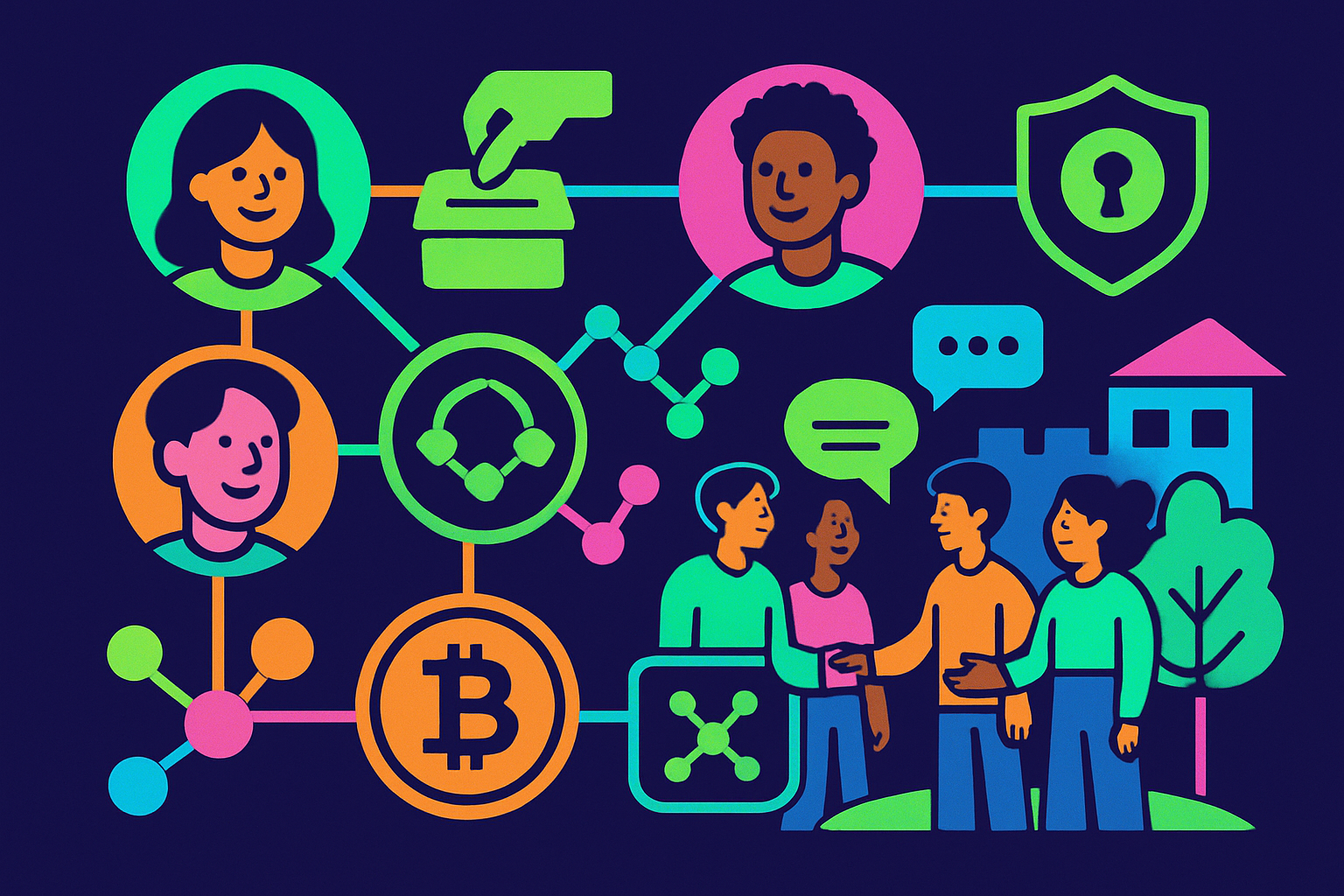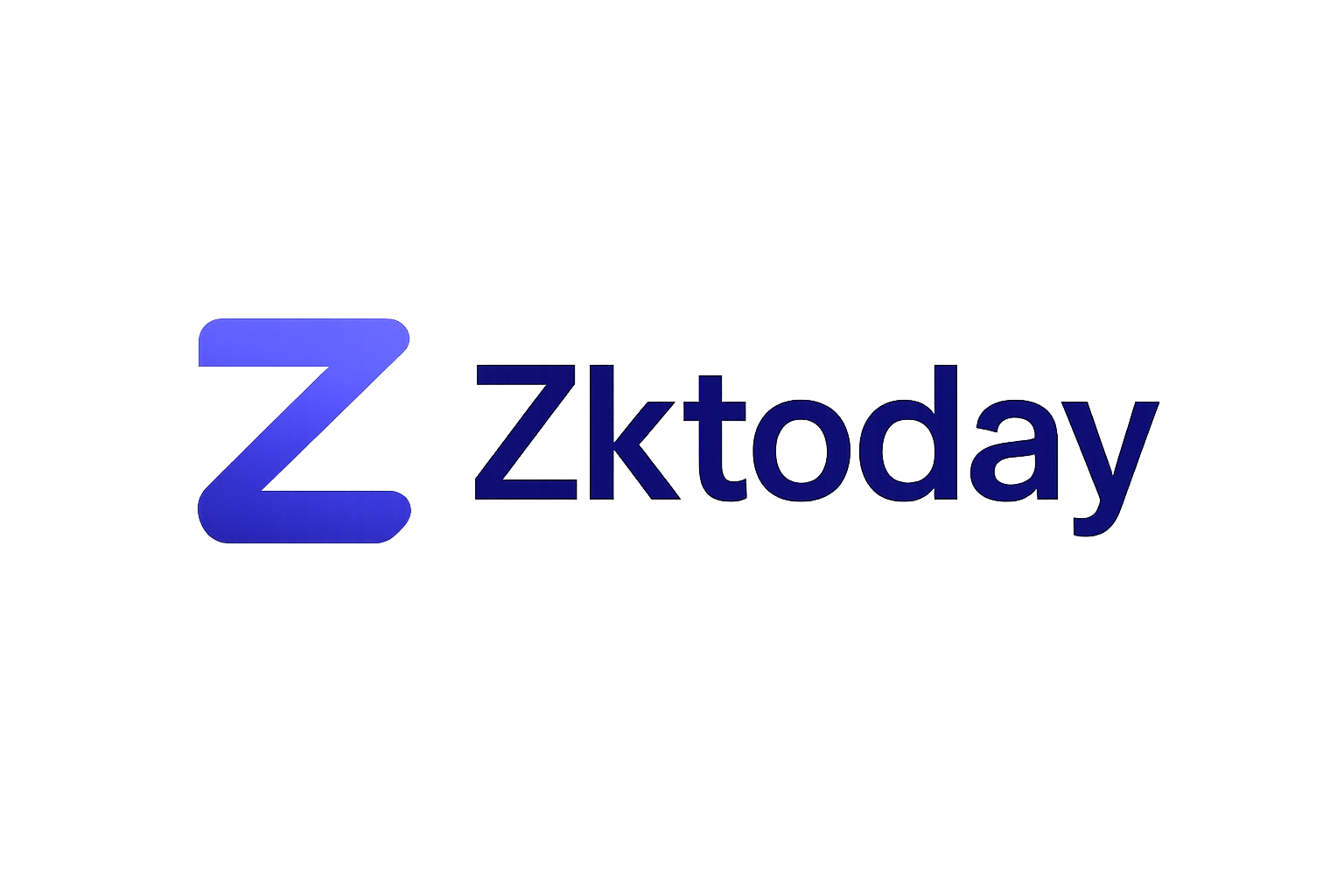
As Bitcoin trades at $109,901.00, the conversation around its scalability and evolving use cases has never been more urgent. The emergence of zero-knowledge (ZK) rollups is rapidly transforming how value is transferred on Bitcoin, especially as artificial intelligence (AI) begins to play a central role in payment automation and trustless agent-based transactions. In this article, we’ll explore how ZK rollups are unlocking trustless, AI-powered payments on Bitcoin’s robust foundation, spotlighting the latest technical advances and real-world implementations.
Bitcoin’s Scalability Bottleneck Meets Zero-Knowledge Innovation
Bitcoin’s core architecture prioritizes security and decentralization but has long struggled with throughput limitations, handling just 7 transactions per second globally. This bottleneck has historically made microtransactions, real-time AI-driven payments, and complex financial automation impractical. Enter ZK rollups on Bitcoin: by aggregating hundreds or thousands of off-chain transactions into a single batch and generating a succinct cryptographic proof (the zero-knowledge proof), these systems dramatically reduce data load on the main chain while ensuring that every transaction is valid and immutable.
This means that instead of every AI agent or automated payment bot spamming the base layer with individual transactions, they can interact trustlessly within high-speed ZK rollup environments, settling only final proofs back to Bitcoin for maximum security. For an in-depth technical dive into these mechanisms, see this resource on ZK rollup scalability for Bitcoin.
Pioneering Projects: GOAT Network, ProjectZKM and zkVM Integration
The synergy between AI agents and zero-knowledge technology is no longer theoretical. The GOAT Network, powered by ProjectZKM, has announced the first sustainable yield native ZK Rollup for Bitcoin, its Alpha mainnet is already live. By leveraging innovations like zkMIPS-based Layer 2s and integrating zkVM (zero-knowledge virtual machine), GOAT enables not just scalability but also programmable logic that makes decentralized AI-powered payments possible.
This architecture allows AI agents to execute smart contracts, manage funds autonomously, and settle microtransactions with near-instant finality, all without requiring users to trust any centralized intermediary or third-party custodian. The protocol specifically addresses challenges such as double-signing risks through cryptographic guarantees embedded in its design.
The Rise of Trustless AI Agent Payments in DeFi and Beyond
Recent partnerships underscore how rapidly this landscape is evolving:
- Zeeve and LayerEdge: By aggregating zk-proofs for cost-efficient settlement on Bitcoin, developers can now build scalable applications where AI agents handle payments across sectors, from DeFi trading bots to IoT devices, without sacrificing security or transparency.
- zkLink and Revox: Their October 2025 collaboration merges L2 interoperability with Web3-based AI agents, enabling autonomous trading strategies executed directly via ZK rollup infrastructure.
- Alpen Labs: Backed by $10.6 million in funding, Alpen Labs is building a programmable zero-knowledge layer for on-chain payments and verifiable credentials, broadening Bitcoin’s reach for future AI-driven financial services.
This convergence isn’t just theoretical; it’s powering real user experiences today. For a practical developer perspective on integrating zero-knowledge proofs with agent-driven DeFi solutions, see this developer’s guide to zk rollups on Bitcoin.
Bitcoin Price Prediction 2026-2031: Impact of ZK Rollups & AI-Powered Payments
Forecasting BTC price scenarios based on the adoption of ZK-powered AI payments and evolving Bitcoin Layer 2 ecosystems.
| Year | Minimum Price | Average Price | Maximum Price | % Change (Avg YoY) | Key Market Scenario |
|---|---|---|---|---|---|
| 2026 | $92,000 | $130,000 | $170,000 | +19% | Early ZK Rollup adoption, increased Layer 2 activity, but possible profit-taking and macro uncertainty. |
| 2027 | $110,000 | $165,000 | $210,000 | +27% | Broader adoption of ZK-powered AI payments, improved scalability, and institutional entry. |
| 2028 | $140,000 | $210,000 | $270,000 | +27% | Mainstream integration of Bitcoin ZK Rollups and AI apps, further regulatory clarity, and new use cases. |
| 2029 | $170,000 | $265,000 | $340,000 | +26% | Network effects of AI-driven payments, Layer 2 competition intensifies, potential halving after-effects. |
| 2030 | $200,000 | $320,000 | $420,000 | +21% | Widespread ZK Rollup adoption, global regulatory harmonization, and Bitcoin as programmable money. |
| 2031 | $230,000 | $380,000 | $510,000 | +19% | Bitcoin solidifies as a backbone for AI-powered, trustless payments; continued tech innovation and mass adoption. |
Price Prediction Summary
Bitcoin is poised for substantial growth from 2026 to 2031 as ZK Rollups and AI-powered payments unlock new scalability, privacy, and programmability. While price volatility and market corrections are expected, the integration of advanced Layer 2 solutions can propel Bitcoin toward new all-time highs, especially if regulatory and institutional support continues to strengthen.
Key Factors Affecting Bitcoin Price
- Adoption rate of ZK Rollups and AI-powered payment protocols on Bitcoin
- Advancements in Layer 2 technology and interoperability (e.g., zkVM, BitVM2)
- Regulatory developments impacting Layer 2 and AI applications
- Global macroeconomic conditions and institutional investment trends
- Competition from other programmable blockchains and Layer 2 networks
- Bitcoin halving cycles and supply dynamics
- Security and resilience of new Layer 2 solutions
Disclaimer: Cryptocurrency price predictions are speculative and based on current market analysis.
Actual prices may vary significantly due to market volatility, regulatory changes, and other factors.
Always do your own research before making investment decisions.
As Bitcoin’s price holds steady at $109,901.00, innovators are seizing the moment to redefine what’s possible atop the world’s most secure blockchain. The introduction of AI agent payments via ZK rollups is not only a technical milestone, but also a paradigm shift for both user experience and market infrastructure.

The Mechanics of Trustless Value Transfer
At the heart of these advances lies the ability to combine zero-knowledge proofs on Bitcoin with programmable agent logic. ZK rollups enable AI agents to initiate, validate, and settle transactions autonomously, without exposing sensitive data or ceding control to centralized parties. This is particularly transformative for sectors like decentralized finance (DeFi), where algorithmic trading bots and automated market makers demand both speed and trustlessness.
The GOAT Network’s integration of zkVM (zero-knowledge virtual machine) provides a powerful example: AI-driven contracts can now execute complex logic off-chain, then submit a single proof back to Bitcoin for settlement. This preserves the base layer’s security while unlocking new forms of programmable money and dynamic payment flows.
Security, Privacy, and Programmability: New Standards for Bitcoin Layer 2s
The latest generation of Bitcoin zk scaling solutions is defined by three pillars:
- Security: By anchoring proofs on-chain, ZK rollups inherit Bitcoin’s robust consensus while preventing double-spending and slashing dishonest behavior through cryptographic enforcement.
- Privacy: Zero-knowledge proofs shield transaction details from public view, enabling confidential micropayments between AI agents or users without revealing amounts or counterparties.
- Programmability: With zkVM integration, developers can deploy complex agent-based workflows that would be prohibitively expensive or slow on the main chain.
This triad is setting new standards for what users expect from Bitcoin Layer 2s. For a deeper look at how these properties enhance privacy and scalability, see this overview on ZKBTC rollup innovations.
Real-World Impact: From Autonomous Payments to Sustainable Yield
The practical impact is already visible. Early adopters are leveraging these platforms to power:
- Sustainable yield strategies: GOAT Network’s native yield mechanisms allow users to earn returns without trusting opaque intermediaries.
- Autonomous DeFi trading: AI agents can execute trades across multiple protocols at high frequency, settling efficiently via zero-knowledge aggregation.
- IOT and machine-to-machine payments: Devices can transact value in real time with minimal fees and maximal privacy, opening doors for new business models in logistics, energy, and beyond.
The Road Ahead: Challenges and Opportunities
No breakthrough arrives without its hurdles. Developers must contend with optimizing proof generation times, minimizing costs per transaction batch, and ensuring seamless interoperability with existing wallets and infrastructure. Still, the momentum behind projects like ProjectZKM and industry collaborations such as Zeeve-LayerEdge signals strong ecosystem support.
The next frontier? Onboarding mainstream users into this new era where trustless value transfer isn’t just secure, it’s intelligent, automated, and private by default. As more capital flows into programmable Layer 2s, and as the price of Bitcoin remains above $100,000, the stage is set for exponential growth in both adoption and innovation.
If you’re building in this space or simply curious about how zero-knowledge proofs are reshaping digital payments on Bitcoin, keep an eye on ongoing developments, and explore more resources like this guide to native BTC Layer 2 scaling.







